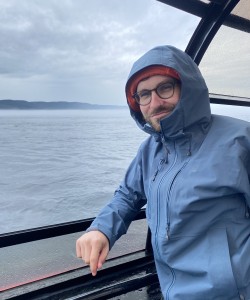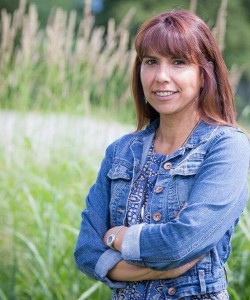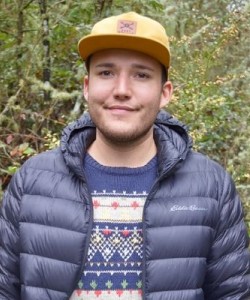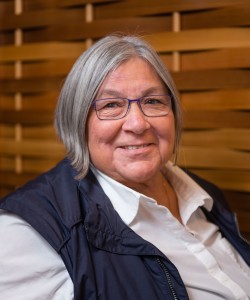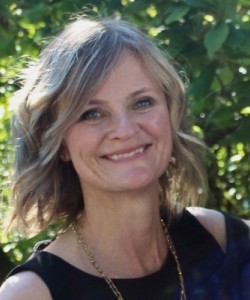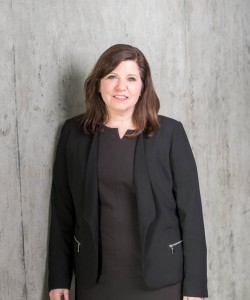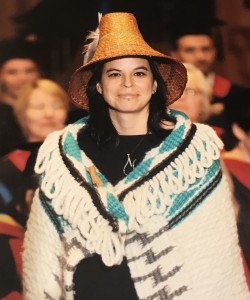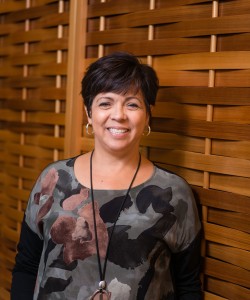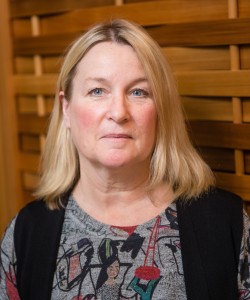IRSI takes guidance from an Indigenous Advisory Committee comprised of members from Indigenous communities as well as faculty, staff and students from both UBC campuses. The committee's purpose is to provide culturally-relevant advice, leadership and support to inform IRSI's strategic direction and members are chosen to bring to the table expertise in a variety of relevant disciplines.
--- Update October 4, 2024 ---
Following the appointment of IRSI Associate Director Lerato Chondoma as Associate Vice-President, Inclusion, Diversity, Equity, and Accessibility at Acadia University, IRSI is operating with reduced capacity. We remain committed to providing direct support services to Indigenous community partners and UBC researchers in building reciprocal, respectful, and mutually beneficial research partnerships, and as a result, other programming and events may be scaled back at this time.
We ask for your understanding and patience, and we are deeply grateful for the continued guidance of our Advisory Committee as we navigate this transition.

